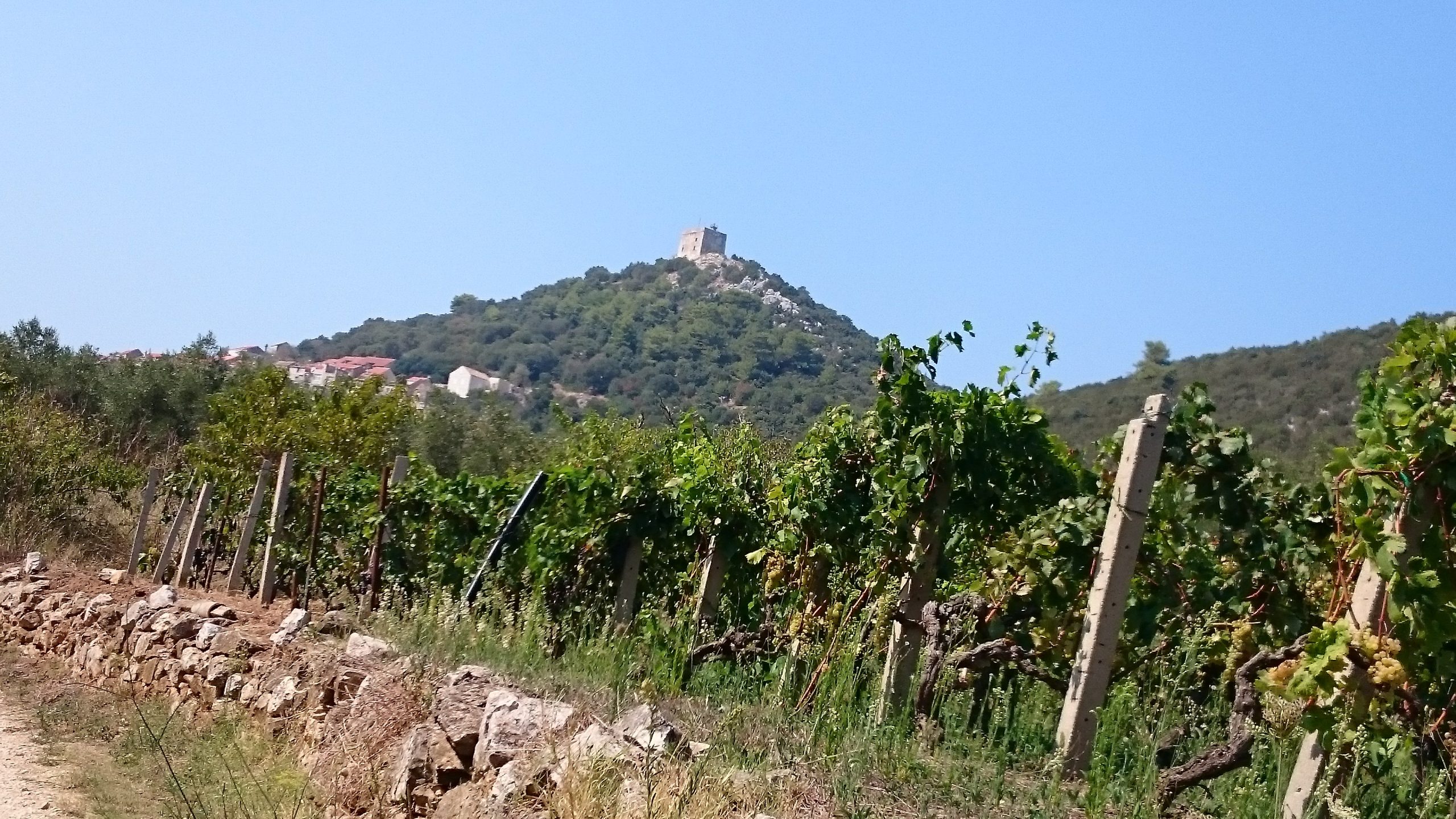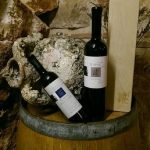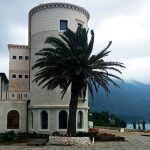
Lastovo is one of the most remote Croatian islands, far from all other islands (Korčula is its closest neighbour, but still, it’s quite far out in the sea). As all other Croatian islands, vines have been grown and wine has been made there almost non-stop since the time of the ancient Greeks. Because of the unforgiving position and years of neglect (because of its position the army loved it in the past; when the army left not much was invested into development of the island) most of the very specific agriculture and indigenous produce varieties has disappeared from the island, and the vineyards were also not maintained in top form. In recent years, the island has been seeing the return of the well-off nautical tourists, and their appearance in larger numbers has allowed for small steps in the right direction to be made, in agriculture and in wine-making. Traditionally, rukatac (maraština), grk, pošip and some less-known varieties were grown here, as well as plavac mali and plavina of the reds.
There are several wineries and cellars on the island today (and several excellent restaurants with wonderful home-made food), and probably the largest of them is Vina Šarić. It’s a winery located in Lastovo town (surprisingly, the largest settlement on such an island is not on the coast!), in the part of town called Gornja Luka, and their vineyards are in the small fields in the centre of island. The Šarić family mostly follows the local tradition, as they bottle plavac mali, rukatac, rose (made with plavac mali and plavina) and merlot.
Rukatac or maraština is a Lastovo favourite, and it was once considered to be the best location for the variety. Šarić’s rukatac is a well-rounded, fruity and fragrant, with a wonderful yellow-green colour. Their plavac mali is somewhat different then plavac from, say, Pelješac, with the terroir and conditions being somewhat different, but it’s still wonderfully full-bodied, rich in tannins as plavac should be. Their rose or Opolo as it’s often called in Dalmatia is made from plavac mali and plavina grapes, and tastes more like a white wine, should be enjoyed chilled like a white wine, and is recommended for easy drinking in the summer, since it’s very refreshing. The imported merlot is also a somewhat specific, serious wine, with high alcohols and full body.
Šarić family wine cellar is also a place where you can visit for a tour and organized tasting (with advance notice), where you will be offered homemade goat cheese, Pag cheese and Livno cheese, Dalmatian pršut with green and black olives, salted anchovies, fish paté, homemade capers and typical local deserts: small bites of deep-fried pastry with dried figs or raisins. And with the glass or two of their wine, that’s probably the best of what Lastovo has to offer.










